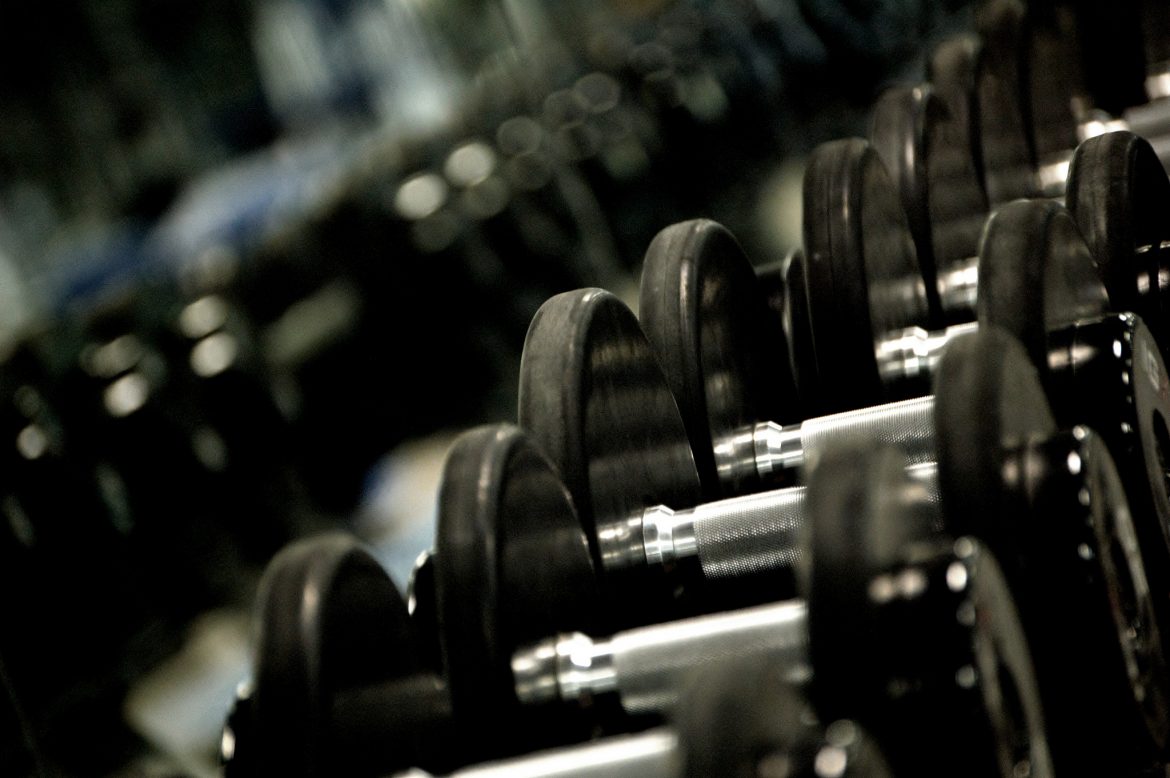
When thinking about steroids, you might imagine bulked-up fitness trainers and bodybuilders or maybe someone that is recovering from an illness that needs to regain their strength. But what do steroids actually do and how can they be abused? Here are seven things you may not know about this drug.
1. What do Steroids do?
- Steroid medication, whether prescribed legally or taken illegally, artificially produces hormones that mimic the natural human adrenal cortisol in our bodies.
2. What are Anabolic Steroids?
- Anabolic steroids, also known as “roids” or “juice,” are man made drugs that imitate testosterone—the male sex hormone. Doctors might prescribe this to treat hormone deficiencies in men or to help strengthen muscles weakened by disease.
3. What are Steroidal Supplements?
- Steroidal supplements contain hormones called dehydroepiandrosterone (commonly known as DHEA) and/or androstenedione (commonly known as andro). While they used to be readily available in health food stores, they now require a prescription. There is little known about the effects of this type of steroids, however, when taken in large quantities they can increase testosterone levels in the body similar to anabolic steroids
4. What are Some of the Side Effects of Steroids?
- Acne
- Weight gain
- Hair loss
- High blood pressure
- Problems sleeping
- Aggression
- Stunted growth
- Frequent muscle injury
- Jaundice
5. Effects and Risks of Steroid Abuse on Males:
- Shrinking of testicles
- Pain urinating
- Inability to get an erection
- Breast growth
- Reduced sperm count
6. Effects and Risks of Steroid Abuse on Females:
- Facial and body hair growth
- Enlarged clitoris
- Male-pattern baldness
- Development of masculine traits (ie: deeper voice)
7. How are Steroids Abused?
Whenever someone uses a steroid without a prescription, that is defined as steroid abuse. Steroid abuse is unique because the user doesn’t get a high from the drug itself. Instead, they may have an addiction to the effects of the steroids such as feelings of strength and control. Furthermore, steroid abusers might keep using to avoid symptoms of withdrawal such as depression, mood swings, insomnia or loss of appetite.
If someone you know is taking steroids without a prescription, help them seek support from a medical professional.
Feature image Sherri Abendroth


